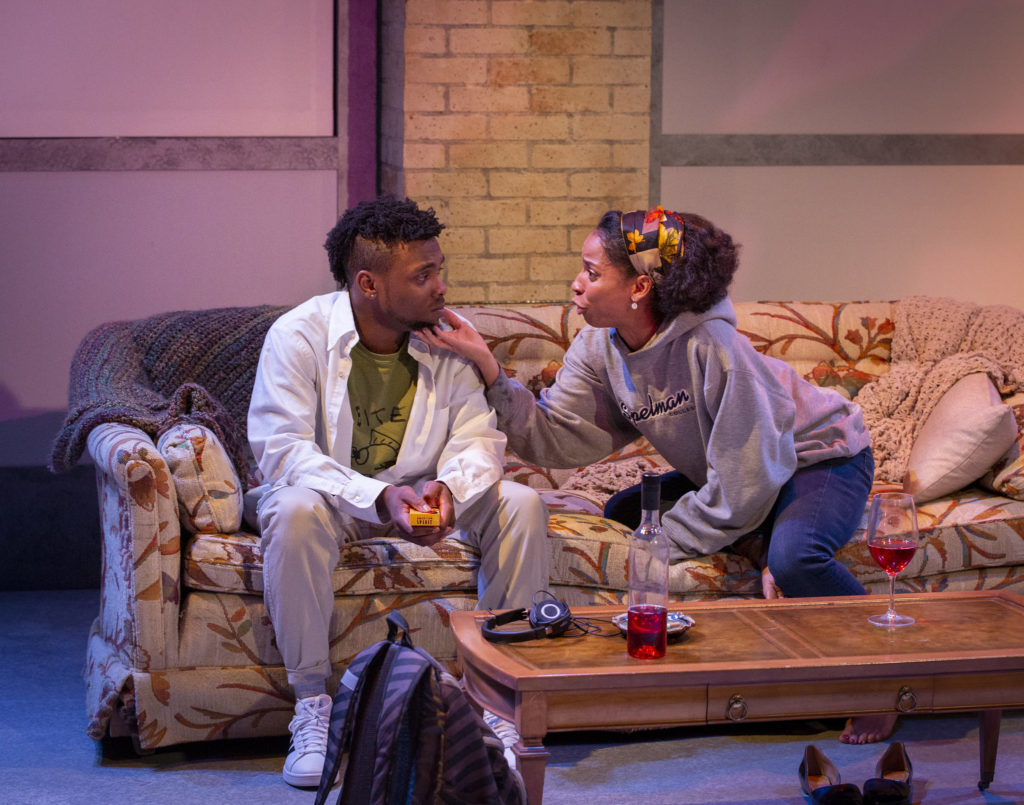|
Hannah Van Sickle | The Berkshire Edge
Sandisfield -- I was first introduced to the poet Gwendolyn Brooks a scant two decades ago as a fledgling English teacher at Berkshire School. Over the course of that first fall, as I became acclimated to boarding school life as a teacher — the dress code, the Saturday classes, the seemingly endless weekend duty — I began spending time with a slim, orange volume entitled, Selected Poems by Gwendolyn Brooks. Poring over this text, in preparation for my 10th grade English classes, I came across the poem “We Real Cool.” I remember reading it quickly, then again — and several more times after that — struck by the same, seemingly stark simplicity of other poets who had captured my attention prior — among them William Carlos Williams and Ezra Pound. I was drawn to the Imagists, a group of reactionaries who emphasized clarity of expression and precision. Gwendolyn Brooks, on the other hand, made me stop in my tracks. We Real Cool The Pool Players. Seven at the Golden Shovel. We real cool. We Left school. We Lurk late. We Strike straight. We Sing sin. We Thin gin. We Jazz June. We Die soon. Regardless of how I heard this poem, I had a hunch that the bold, declarative voice of the poet herself would reveal more to my students than any analysis I could offer. I ultimately found an audio recording of Ms. Brooks reading this very poem; in the era prior to YouTube, I have fuzzy memories of a cassette tape provided by my department chair being played on the sleek, black boom box I purchased with babysitting money the year I turned 13. Despite the brevity of the poems, eight lines delivered in four, two-line stanzas, the poet interjected something into her rendering of the poem that I had not: space. I remember playing that tape, over and over again, in a first-floor classroom in Berkshire Hall. Class after class of students pondered the poet’s delivery, one that ended each line of her poem (rather than beginning) with the pronoun “we.” Several weeks into the first term, Ms. Brooks visited the Sheffield campus. In anticipation of her reading and book signing, my students and I discovered that Ms. Brooks had written her poem in 1959 and published it in her 1960 book, The Bean Eaters — her third collection of poetry. Together, we gleaned that the poem’s subject was a group of young, Black men — playing pool at the Golden Shovel, set in the south-side Chicago neighborhood from which Brooks hailed — ostensibly during school hours. While the poem could have been about a group of rebellious youth anywhere, the poem’s final line presents a harrowing conclusion that connects it to the Black community: imminent death, despite their youth. On Thursday evening, I finally made it to WAM Theatre’s production of Dominique Morisseau’s PIPELINE at Shakespeare & Co. in Lenox. Omari (Hubens “Bobby” Cius), the protagonist, runs into trouble early on in the play: he has assaulted a faculty member, and is at risk of being expelled from school. What is not immediately divulged is what drives Omari to “slam [his teacher] into the Smart Board.” As that part of the story is unfurled — while Nya (Alexandria Danielle King), Omari’s mother teaches her English class about Brooks’ very poem — I shifted uncomfortably in my seat. We learn — through conversations with each of his parents — that in a discussion of Richard Wright’s Native Son, Omari is asked — point blank — to explain the homicidal rage of Bigger Thomas, that novel’s protagonist. As if, by virtue of his being a Black man, he would know. “You don’t understand, Ma,” is how Omari responds to his mother’s shock at his behavior; by the time he recounts the story to his father, in the latter half of the play, the picture is far more clear:
0 Comments
Your comment will be posted after it is approved.
Leave a Reply. |
Archives
July 2024
Categories |
Contact Us |
Stay Connected
|


 RSS Feed
RSS Feed